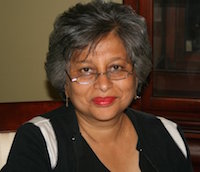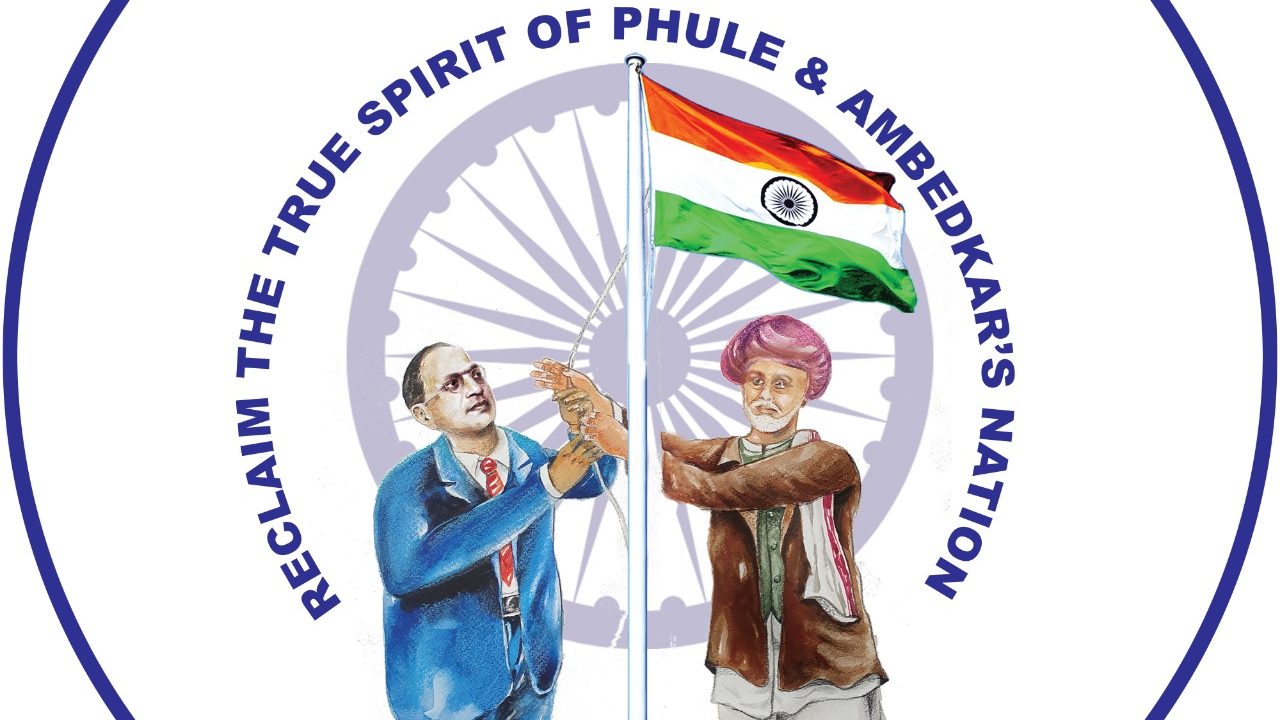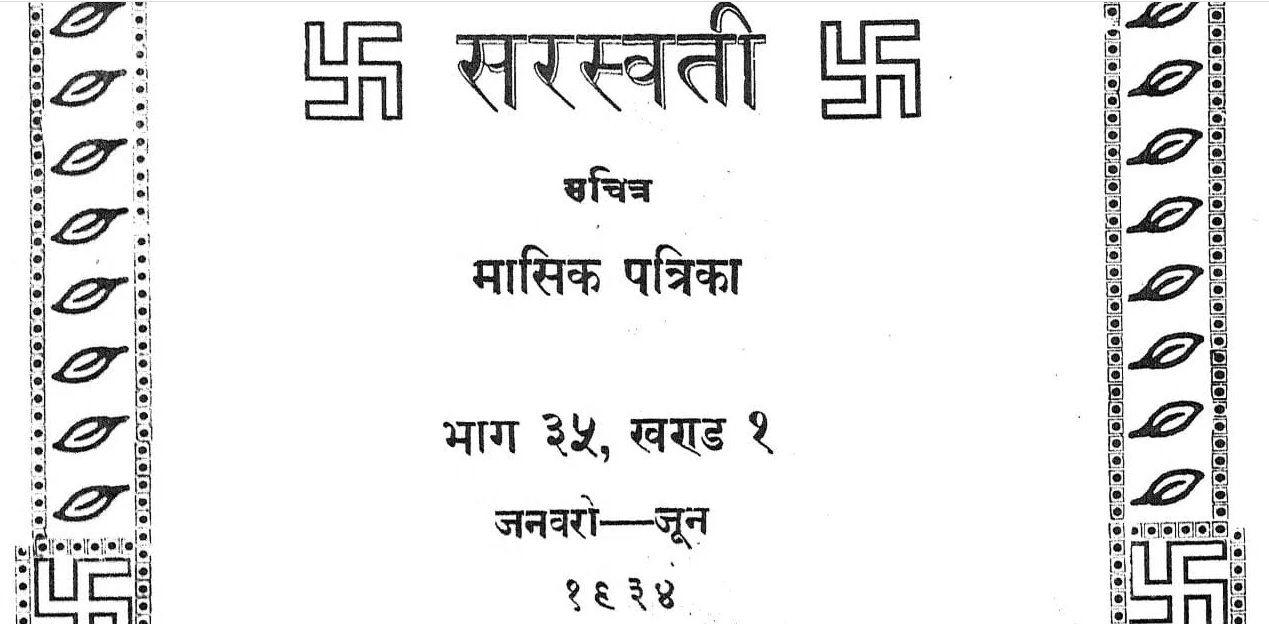On 25 December 1927, Dr B. R. Ambedkar led a large group of Dalits and some OBCs to publicly burn the “code of Manu” – the Manusmriti – which relegates all Shudras and Dalits to terrible indignities. Today, mainly Dalits observe it as an anniversary of their first blow for liberation. Why did Babasaheb Ambedkar choose 25 December for that bold and revolutionary act? Was it because it is on 25 December that the world celebrates the birth of Jesus Christ?
We know from his biographers that Ambedkar had been an admirer of Jotirao Phule, whose thinking had been influenced by the teaching of the Bible he received from the Scottish missionaries who educated him.
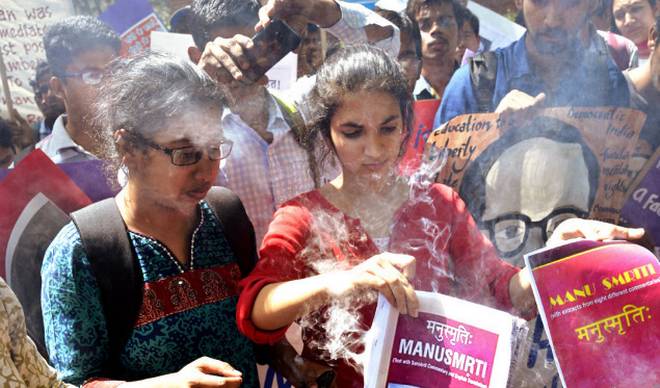
There are similarities between the people described in the Bible, right from Jesus’ birth, and the Bahujans of India. When Jesus started his public ministry he opened the scroll of the prophet Isaiah and read out aloud, “He has sent me to proclaim freedom for the prisoners and recovery of sight for the blind, to set the oppressed free.”
The question is: Who did Jesus come to liberate? There is a clue as to who Jesus came for first. If he had been born in England, his last name would have been Carpenter. The very first neighbours to visit the Carpenters and rejoice at the birth of this special first child would have been the Shepherds. And so it goes on … when Jesus called out to the first disciples to follow him, they were Fishers. In the Indian context, carpenters, shepherds, fishermen are all Shudras, now officially classified as Other Backward Castes (OBCs). That’s over half the Indian population.

Jesus, who claimed to be the incarnation of the all-powerful creator God, did not choose to be born into a family of priests or kings. He chose to be born into the family of a carpenter and would himself have worked as a carpenter in his youth.
He chose neither power, nor wealth nor status, reinforcing what the Bible says in its very first chapter. That every man and woman is created in the image of God.
This is totally foreign to pervasively brahmanical Indian thinking. I grew up in a family whose forefathers had converted from a Brahmin background, but whose knowledge of, and obedience to, the teachings of the Bible was very shallow. So I grew up with the idea that I was somehow superior to our Bahujan friends and staff. It was only at age 40 that I really understood the purpose of Jesus’ birth. I decided to change the direction in which I was going, running after my career, fame and ambition. I asked him to forgive my wrong thinking and my wrong ways. And I decided to follow him.
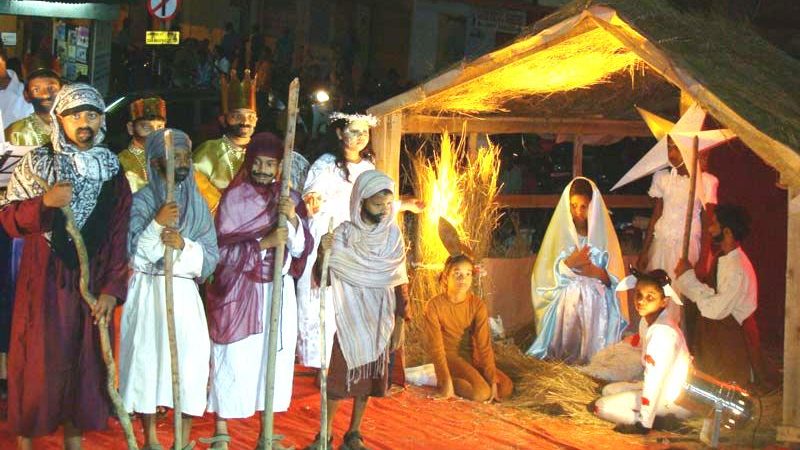
That was in January 1993, almost 25 years ago. I began to read the Bible and both my thinking and my behaviour began to be transformed.
I understood that I was no different from anyone else born into a different caste. In fact I began to realize the terrible injustice that is practised in the name of caste. So, in 2007, when God gave my husband the vision to start Forward Press, I was ready to join him. God gave me – a person who was only worried about herself and her family – the heart to open our not unlimited family finances to run Forward Press.
When in October 2014 we had 15 armed policemen in our New Delhi home, and my husband had to apply for bail because of Forward Press, we were both given supernatural courage to say we would not succumb to fear but continue the work.
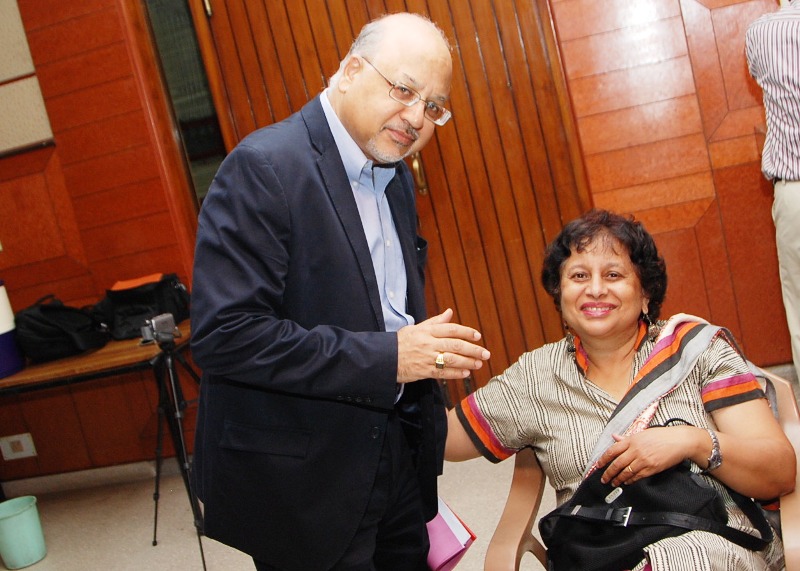
Over ten years ago, my late father started Gyanankur English-medium school for mainly Bahujan children in the villages on the outskirts of Pune. Today, with over 700 students from grades/standards 1-10, it is run by followers of Jesus Christ. Gyanankur has dignity as one of its core values. It teaches that every person is of equal value and recently had a special assembly to appreciate the support staff (called Aunties), all from “lower-caste” backgrounds.
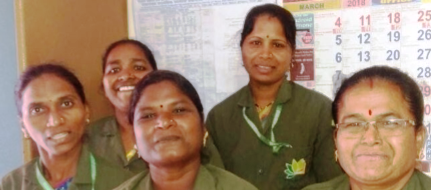
If the teachings of Christ could have an impact on just a few people and through them give a voice to so many of today’s Bahujan thinkers and writers, and contribute to the making of tomorrow’s Bahujan thinkers and writers, what would be the impact if the minds and hearts of more, both the upper castes and Bahujans, are influenced by his teachings?
Would parents stop killing their own children because they married out of caste or community?
In village schools of rural India, would Dalit children no longer be made to clean toilets and sit at the back of the class?
Would the beatings, the lynchings and the rapes of Dalits lessen or stop?
Would college admissions or jobs be denied to an OBC because of their caste?
Or would we begin to treat each other with dignity, irrespective of social background, because we recognize in each other the image of God?
(These are the personal reflections of the writer.)
Forward Press also publishes books on Bahujan issues. Forward Press Books sheds light on the widespread problems as well as the finer aspects of Bahujan (Dalit, OBC, Adivasi, Nomadic, Pasmanda) society, culture, literature and politics. Contact us for a list of FP Books’ titles and to order. Mobile: +917827427311, Email: info@forwardmagazine.in)
The titles from Forward Press Books are also available on Kindle and these e-books cost less than their print versions. Browse and buy:
The Case for Bahujan Literature
Dalit Panthers: An Authoritative History


